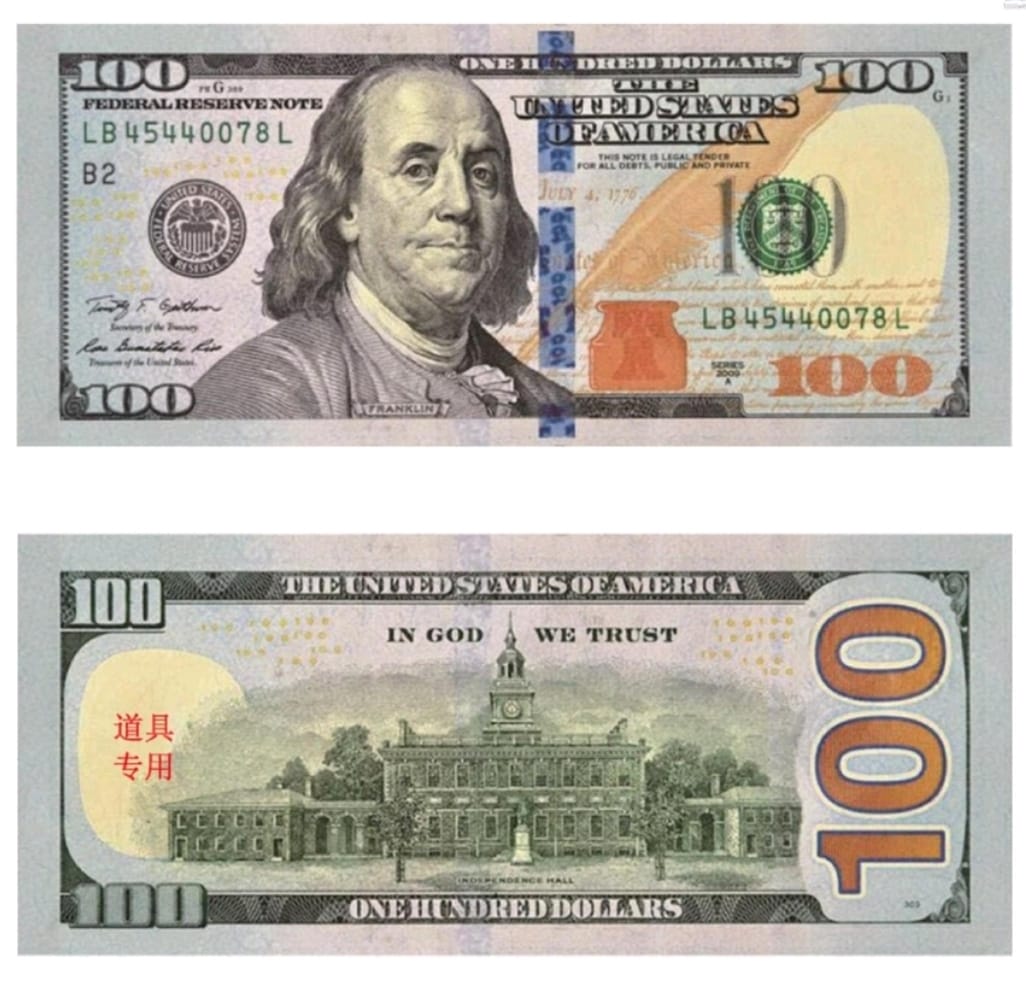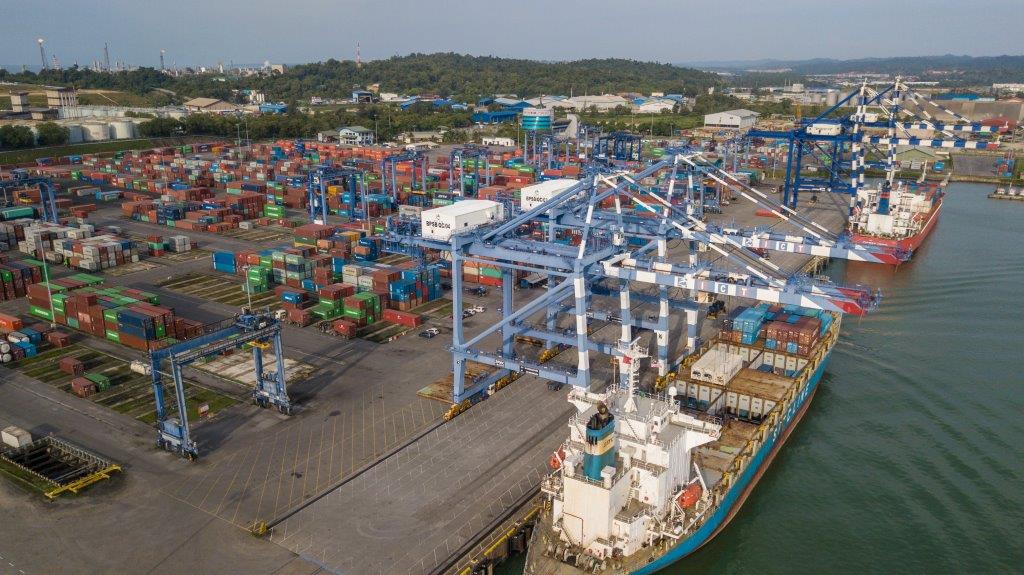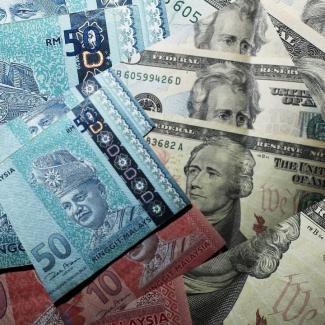THE saga of the sinking ringgit started ever since the country's political situation descended into instability during the past few years.
Amid the power grab for Putrajaya, the ringgit partly became a casualty when some investors local and foreign yanked their investments out of Malaysia, spooked by the bickering of the country's politicians.
The ringgit stabilised albeit briefly climbing at the RM4.50 level when Datuk Seri Anwar Ibrahim became the country's tenth prime minister.
However, despite the seemingly stable political situation, the ringgit continues with its downward spiral and this time around, the question on everybody's mind is - will it divebomb to RM5?

To be fair, sometimes the ringgit did not solely stumble on its own but rather lost ground together with the other regional currencies such as the Japanese yen and China's yuan against the strengthening US dollar.
At the close last Friday, the ringgit dipped further to RM4.76 to the US dollar which is its weakest in 16 years last experienced during the Asian financial crisis.
The ringgit is just RM24 shy from the psychological "alarming" level of RM5.
Netizens from all walks of life are already lambasting the country's leaders for their poor handling of the economy which could lead to the further downfall of the ringgit.
But should Putrajaya be blamed entirely?
Economists mixed on the ringgit
Amid the gloom and doom painted by armchair critics on the ringgit, some economists are still optimistic on the currency while some are not.
"In light of the current volatility in the currency market, there is always a possibility that the ringgit could weaken further as demand for the US dollar is expected to remain strong.
The expectation of higher interest rates in the US along with numerous risk aversions to be taken in view of the heightened geopolitical risks could also result ringgit to slide further," said Dr Mohd Afzanizam Abdul Rashid.

Speaking to Dagangnews, Afzanizam said the main concern is the impact of imported inflation on Malaysia especially by imported food related items and imported raw materials.
"Cost of overseas travelling and sending money overseas especially for families which have children studying abroad will definitely put a dent on their savings," said Afzanizam who is Bank Muamalat Malaysia Bhd chief economist and social finance head.
Datuk Dr John Antony Xavier meanwhile is positive on the ringgit as the US budget deficit has soared by 23 percent in 2023 over that of last year.
"So, it is likely that the greenback will depreciate and make the ringgit stable.
It is unlikely for the ringgit to hit RM5 as our economy is buoyant and exports are improving giving strength to the ringgit.
Speaking to DagangNews, Xavier who is also AIMST University vice chancellor said the benchmark interest rate in the US is not expected to rise in the near to medium term thus stabilising inflation in the superpower nation.

Separately, to strengthen the ringgit, the only real thing to do is to clarify policy, endure market liquidity and maintain sound fiscal and monetary policy conditions.
This will promote price stability, sustainable growth and investment.
"These are the lessons to be learned from the past. I believe this is not the time for drastic measures.
The ringgit will eventually moderate, it will not hit RM5 (to the dollar)," Malaysia University of Science and Technology economist Dr Geoffrey Williams told NST Business Times recently.
A weak ringgit may not necessarily be a bad thing
Netizens are at present already up in arms baying for the blood of the country's leaders blaming the latter's incompetence for the wobbly ringgit.
However, netizens and Malaysians alike should realize that a weak ringgit is sometimes not necessarily a bad thing.
Due to the cheap ringgit, Malaysia's foreign tourist arrivals may balloon bolstering further the country's coffers.
"There are also positive impact in terms of foreign tourists arrivals into the country which might view Malaysia as an attractive tourism destination given that the ringgit has become competitive from their point of view," said Afzanizam.
A weak ringgit might also help spike up Malaysia's exports. Again, foreign clients might see our export prices become highly competitive which would result in better sales," said Afzanizam.

Exporters laughing all the way to the bank
Obviously, when the ringgit depreciates, exporters will definitely laugh all the way to the bank as they earn more ringgit.
However, if business is good, they need to invest to expand their operations and some exporters might need to do so in US dollars thus giving them financial pressure.
Despite all that, now is the time for local exporters which are flush with cash to boost local investments, train their workers and diversify their businesses to prepare for rainy days ahead.

So which direction will the ringgit head this week and the next and the next? Will the ringgit rebound or continue to slide and falter?
Will it go north or south?
Grab the popcorn and enjoy the show. - DagangNews.com









